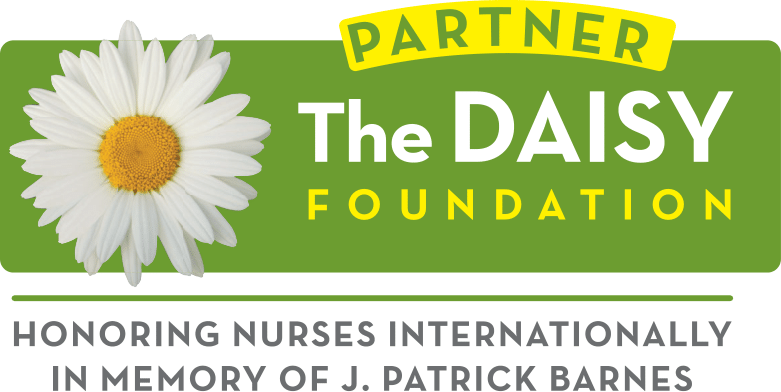DNP vs. PhD in nursing
There is a significant shortage of nurse leaders in healthcare. Clinical fields need nursing leadership. All the while, nurses need more voices at the table, especially as the healthcare industry transitions to become more patient centered.
A doctorate degree is becoming more popular for nurses who want to teach, hold top administrative positions, and/or conduct large-scale research. When considering an advanced graduate degree in nursing, there are two doctorate paths to explore: a Doctor of Nursing Practice (DNP) and a Doctor of Philosophy in Nursing (PhD).
Both doctorates require in-depth knowledge in the field of nursing but differ significantly when it comes to desired career outcomes. Read on to learn more about the differences between a DNP and a PhD in nursing to determine which degree will help you accomplish your professional goals.
What’s the difference between a DNP and a PhD in nursing?
For a terminal degree in the nursing profession, two common types of doctoral programs to choose between are the DNP and the PhD in nursing, with the primary difference relating to professional outcomes and career aspirations.
At the rudimentary level, the DNP educates nurses to provide the highest level of clinical practice through quality patient care and leadership whereas those with PhDs in nursing tend to focus on improving patient care outcomes and the profession of nursing.
Another difference between the two nursing doctoral degrees are program length and curriculum. * On average, PhDs take anywhere from three to six years to complete while ATSU's DNP takes around 18 months to three years. PhD curriculum has a theoretical foundation with curriculum typically encompassing data analysis and research methodologies and requires original research and a dissertation. The DNP has a quality improvement focus with curriculum including leadership and management topics, advanced nursing practice, addresses complex healthcare situations, and includes required clinical hours.
(some DNP programs include a capstone project)
DNP or PhD
The time commitment is significant at the doctorate level, so prospective students need to understand the investment being made personally and professionally. Depending on your desired professional outcomes and career goals, one nursing doctorate will be a better fit for you than the other.
If you enjoy working in a clinical setting and desire to advance into clinical leadership, a Doctor of Nursing Practice program is the right degree for you. If you see yourself conducting research, a PhD in nursing is the path for you.
If you desire a doctorate, the DNP program offers schedule flexibility, enabling you to earn your degree while balancing a career. ATSU’s online DNP allows you to conduct your clinical hours where you are located, making this the nursing doctorate of choice for practicing nurses.
https://www.registerednursing.org/phd/
*In general. Depending on the university/college of nursing and type of nursing doctorate, curriculum and time to completion varies. For example, a DNP in nurse anesthesia is usually longer than a PhD in nursing.

Wondering if the DNP is the perfect fit for you?
ATSU-CGHS offers a variety of doctoral programs that meet your professional needs and career goals.
Honoring Exceptional Nurse Educators

DAISY is an acronym for Diseases Attacking the Immune System. The DAISY Foundation was formed by the family of J. Patrick Barnes, who died at age 33 of complications of Idiopathic Thrombocytopenic Purpura (ITP), an auto-immune disease, in 1999. Touched by the care and compassion of the nurses who took care of him, his family developed recognition programs to honor and celebrate direct care nurses, nursing faculty, and nursing students.
The DAISY Nurse Educator Award honors a selected nurse educator for their inspirational influence. ATSU-CGHS nursing faculty members advance the skills of graduate students and keep clinicians updated on evidence-based practice. The Award is merit-based and honors excellent teaching skills and leadership and a commitment to instilling strong patient care and compassion in their students.